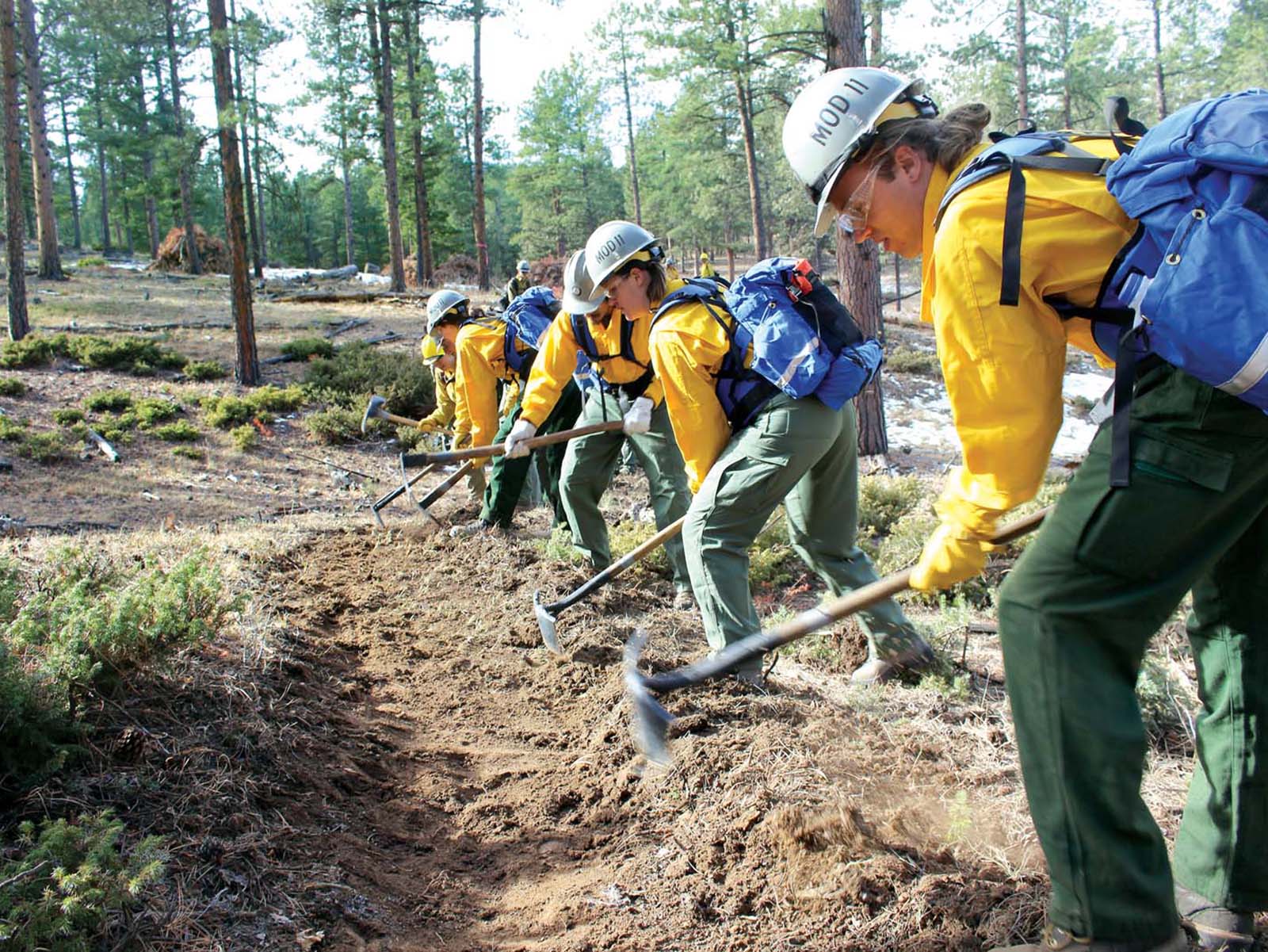The Local newsletter is your free, daily guide to life in Colorado. For locals, by locals.
Colorado has a problem: not enough skilled workers. The solution? Programs—including 2015’s WORK Act, which will dole out its fourth round of funding this year—that are readying today’s labor force for tomorrow’s challenges.
Construction
The problem: The Mechanical, Electrical, and Plumbing Alliance estimates there will be up to 96,000 vacancies in the state’s construction workforce by 2025. That equates to less infrastructure to support our quickly growing population.
The solution: Associated General Contractors used about $1.7 million from the state’s WORK Act to launch Construction Careers Now, a series of courses taught by Emily Griffith Technical College professors. Since 2016, the sessions have introduced locals age 18 to 34 to building fundamentals, helping about 500 graduates land gigs in the industry.
Wildfires
The problem: Although overshadowed by California’s catastrophic fires, Colorado had one of the worst wildfire seasons in state history in 2018—about 450,000 acres were devastated. Experts anticipate the phenomenon will escalate due to warming temps and a century of land mismanagement.
The solution: This winter, career development nonprofit Mile High Youth Corps launched its first Winter Fire Module. From December to April, the U.S. Forest Service is teaching 18 folks about fire mitigation (e.g., thinning forests and burning brush). Afterward, they’ll be able to join the Forest Service or a wildland crew.
Water
The problem: Nearly 80 percent of the state experienced drought last year. Plus, the U.S. Bureau of Reclamation predicts a potential water shortage for the Colorado River by 2020.
The solution: In 2014, the Associated Landscape Contractors of Colorado partnered with community colleges to launch the Landscape Career Pathways Program. Students at 18 high schools learn to apply mathematical and scientific principles to water-conserving design, such as xeriscape gardens, ensuring aspiring horticulturists can help ease Colorado’s drought-related issues.









